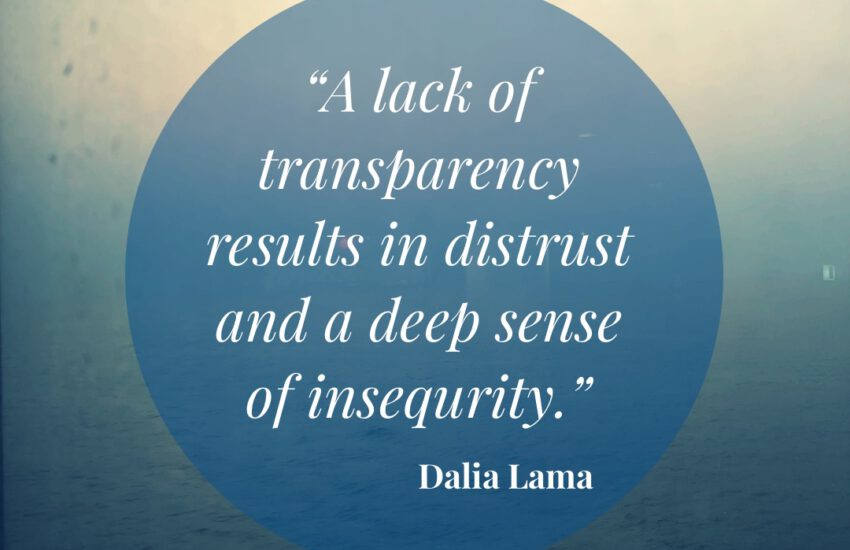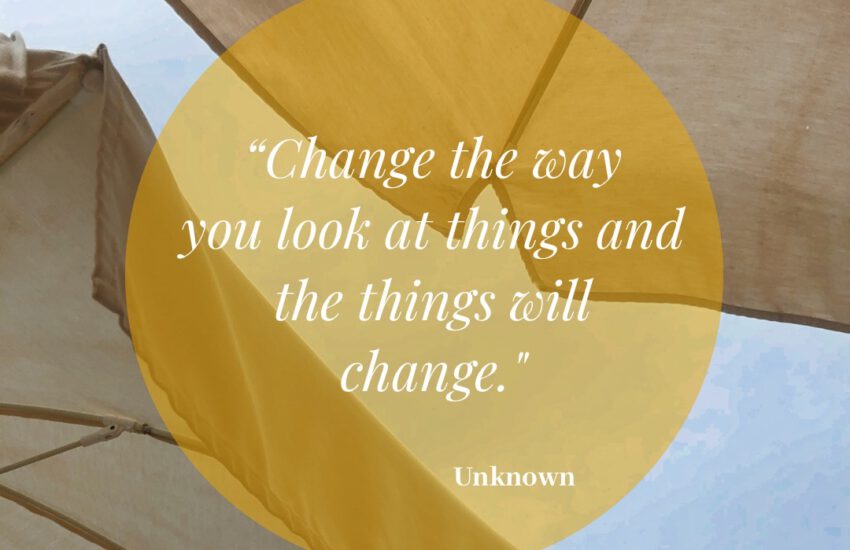Cold Water or Comfort Zone

We all know it and as a team leader, I’m sure we’ve all jumped into cold waters a few times because parts of the job were new to us or we had to deal with situations that were new to us. What is part of the job for us and we have learned to deal with it, especially with the pressure and stress, is more difficult for some inexperienced team members. Whereas even if you are in a position for a longer time and are not promoted yourself, it can lead to developing your comfort zone and leaving or having to leave it less and less often. Depending on the type (as for me personally) this can lead to a feeling of stagnation and boredom. I need the challenges and the unknown, even if I don’t always like jumping into the cold water. I see it a bit like Henri Ford who wrote „If you always do what you’ve always done, you’ll always get what you’ve always got.“ So if you want to grow you have to dare something and step out of your comfort zone.
Of course there are different types – I would say a little bit depending on the character and experience level in the job. And each of them deals differently with new situations and the so-called jumping in at the deep end. Here are my observations:
Inexperienced but brave
There are people who, for example, have just come from university and are not afraid of anything. Courageously they make their own decision (sometimes unfortunately outside their decision space) and independently take on new tasks. The energy and determination is a great characteristic and we should not slow them down. To be free of pressure or stress (yes, most of the pressure/stress is caused by ourselves because we want to meet our expectations or the expectations of others) is something that can only be encouraged. It can give the whole team a motivational boost and bring new ideas to the team. However, we should explain them the scope of action, hierarchies and consequences and be careful that people do not overestimate themselves. You can support here with questions and point out what the person should still think about and thus steer them a bit. I also like to give the inexperienced brave an experienced person who may sometimes be a little more anxious about new tasks. So far, my experience has been that both benefit greatly from each other. And as a team leader, these people also challenge me again and again to think in new ways and to dare to do something.
People who need a push
The counterpart to the previous person is someone who needs a push to dare something. Most of the time, the fear of going in the cold water has something to do with bad experiences and the lack of self-confidence that usually results from these. This is where building up your team members is needed. It is a pity that a bad experience, e.g. with a „different“ lead, can shape a person in such a way. I try to find out where the fear comes from and analyze with my team member what exactly he/she is afraid of. If I have been working with them for a long time, I show them what they have already accomplished and explain that I have full confidence that they will master the new situation/task. Sometimes encouragement is enough and for others you have to give a little push and start with small steps. To give an example, sometimes I prepare the meeting with the team member and then I am prevented or participate but make it clear that I am not leading it. Or I pretend (although very often it is not pretend) that I don’t have time and the person has to take care of it. They are not always happy and usually want to postpone the meeting, but once they have done it they are very grateful to me.
Overload
Comfort Zone
There are also characters who find it very difficult to cope with new unknown situations or tasks and react to them by being overwhelmed. Sometimes the task is still too difficult. For example, a team member wanted to give an inexperienced team member a chance to lead a meeting. (Great intention and something that should be encouraged!!) Unfortunately, it was a very complicated meeting with difficult and very demanding participants. The team member was also unprepared and got quieter and quieter as the meeting went on and unfortunately the other team member didn’t step in and helped out ( according to stories). It ended up that both were overwhelmed and the meeting or the situation escalated to me. The inexperienced team member was very intimidated after that and was afraid that something like that would happen to her again. Why do I give the example to show that you have to think carefully about who you push into the deep water and when. All three of us analyzed the situation together and I agreed on steps with the inexperienced team member to slowly introduce her to this new task. With the other team member, I talked about the assessment and analyzed with her how she can step in and help in such situations. Both have learned from this and I think that is the main thing.
I also have two team members who like to stay in their comfort zone and don’t have the inclination (e.g like me) to try something new or learn something new. As long as they are not averse to new ideas or develop within their comfort zone, e.g. as an expert, that is perfectly fine. Everyone is different and we should respect that.The only thing I sometimes try to do is to lure them a little out of their comfort zone with new projects. But here I am also very honest and transparent with them and tell them what I think the project/new task will bring them. Sometimes it works 😉
Every person is different and that’s why it’s important to know your team well and to support them in their own way. Of course, it also depends on how we handle the situation. Do we always intervene immediately when a team member is in a difficult situation? Do we run away from unknown new situations or do we face them? Are we then stressed or how do we handle our own expectations towards ourselves and others? Don’t forget we are also a role model and how we deal with new situations and tasks will also affect our team members.
My advice:
- Share with your team when you’re thrown into the deep end yourself. Share your experience and how you feel about it. I feel that my team members really appreciate it when I share how I sometimes have to swim in cold water myself.
- In your 1:1 meetings, talk about the fears you can have when you’re in a brand new situation and how that strengthens you. It strengthens individuals and team cohesion when they realize they are not alone in their fears.
- Even if it is hard to watch, but some experiences everyone has to make themselves. Try not to jump right in and present the solution, but let them figure out for themselves how to handle the situation. Of course it depends on the situation, but many things can be handled by the team members themselves. And just because it’s the easiest solution to always ask the teamlead, doesn’t mean it’s the best 😉
- Offer support – by discussing the situation with your team member. But don’t try to present the solution here but show them another point of view or ask questions to steer them. We sometimes (and I include myself in this) tend to be too quick to give the solution.
- Encourage them and show them what they have already accomplished. So often we focus only on what we can’t do, haven’t done, or haven’t done yet instead of what we have already accomplished.
- Some people doubt themselves because they compare themselves with others. Try to point out that comparisons are useless and what they can do better or have done differently that the other person may not have done yet. Maybe the two people can work together on a project to share ideas.
- Be the rock for your team so they know they can always come back to you. You can do that through trust and transparency.

